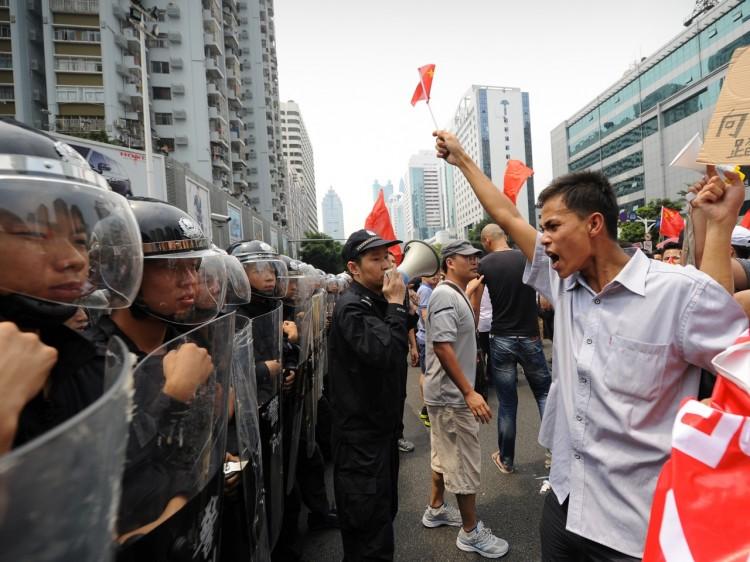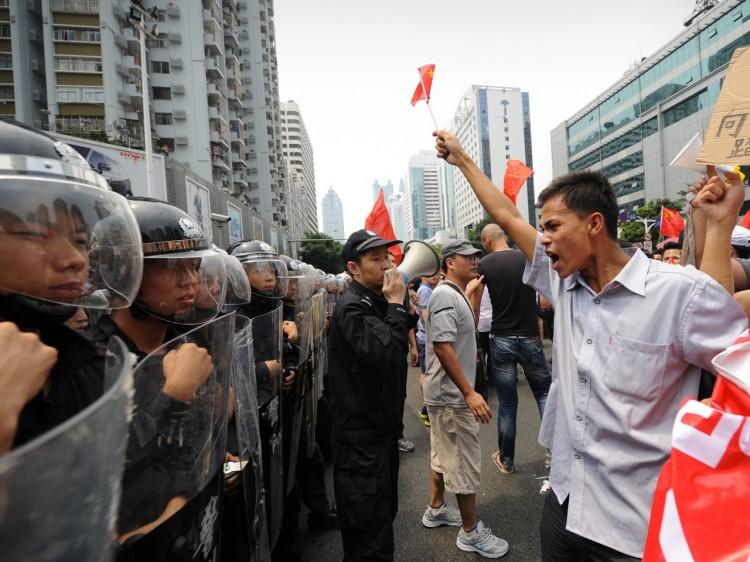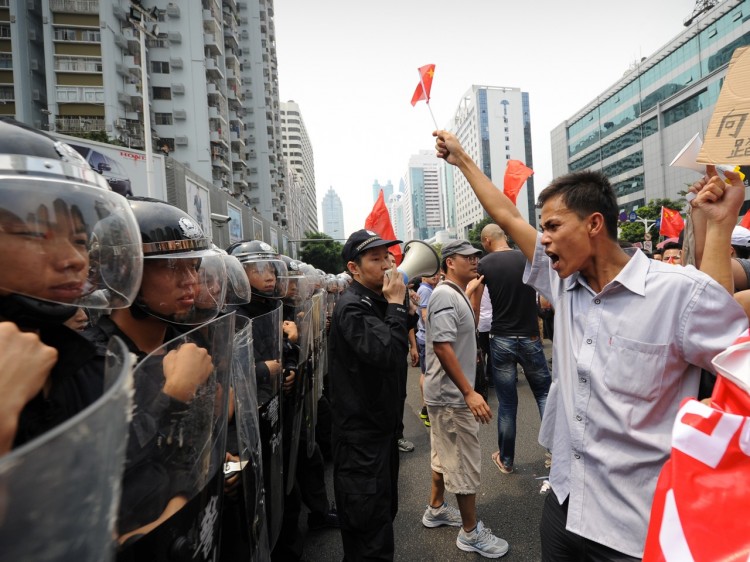China’s stricter customs checks of Japanese goods and a growing call to boycott Japanese-made products is causing a boomerang effect as some Japanese companies seriously consider pulling out of China altogether.
The customs service at Tianjin port near Beijing delivered a statement to Japanese enterprises on Sept. 19, saying they will raise the inspection rate for products of Japanese origin, which will delay Japanese products going through customs, according to Japan’s Asahi Shimbun News.
Japanese companies are doing some posturing of their own, with some making arrangements to halt business in China.






